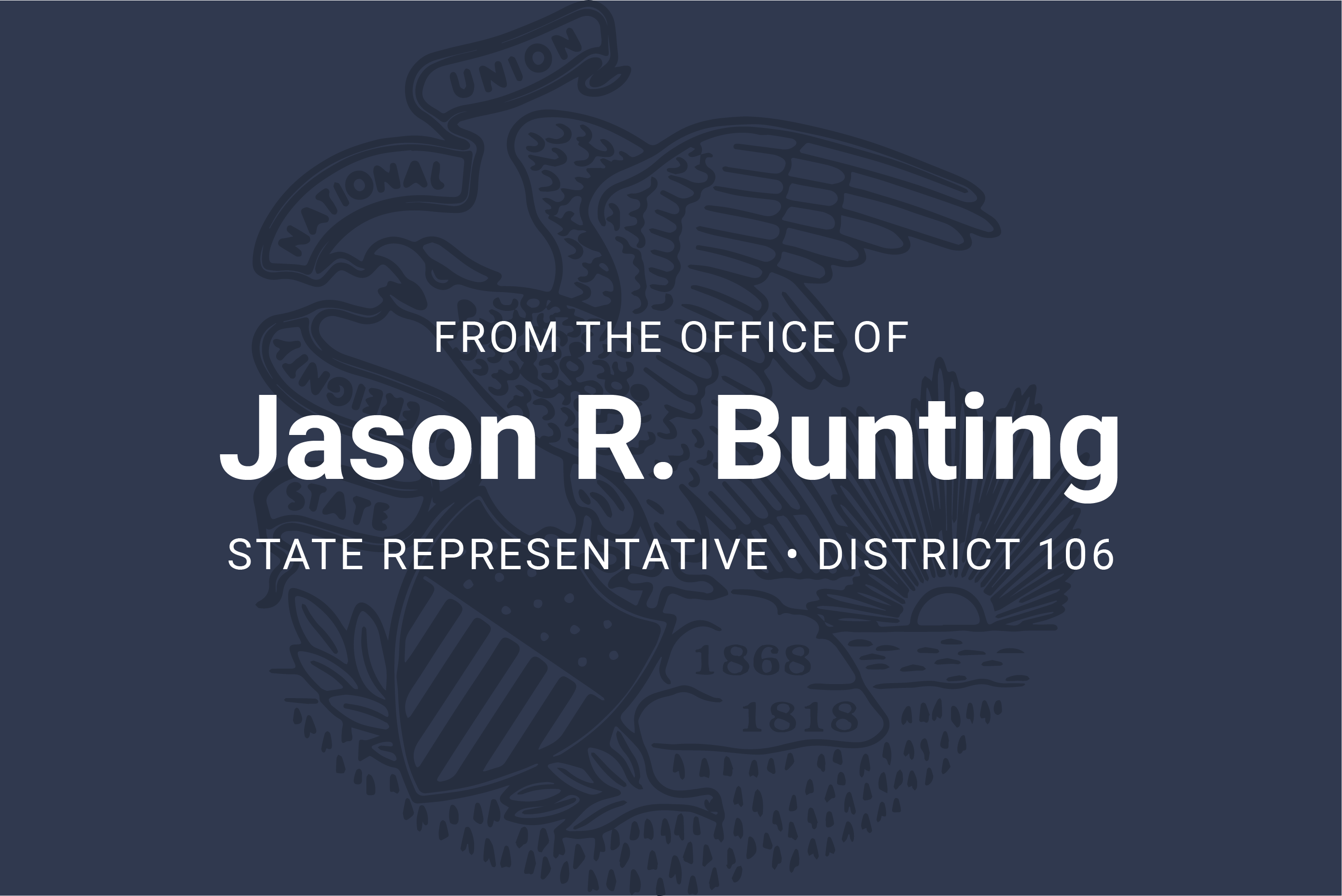Illinois charges its residents an estate tax, which is also known as a death tax, a tax imposed on some properties as they go through probate. If the size of the estate exceeds a certain amount, called an “exclusion amount” in state law, the executors of the estate must make a hefty tax payment to the state before it can be released from probate. This tax falls especially heavy on family-owned small businesses and family farms.
Illinois levies the tax on estates greater than $4 million. As a result, many Illinoisans who have the ability to move their property out-of-state are being advised by their tax professionals to do so. But when they do so, they frequently take their income and other assets with them. This means that the weight of the estate tax falls disproportionately on those assets which cannot be moved out-of-state, like farmland or brick-and-mortar small businesses.
Lately there has been a growing movement to reduce or eliminate the Illinois estate tax. House Republicans sponsored House Bill 1459 this spring to raise the exemption threshold for the estate tax up to $12 million – making it the same as the federal threshold. Supporters testified before the House Revenue and Finance Committee about this proposal, but it did not get out of committee.
We need to revisit this issue in the upcoming session and reduce the tax burden on farms and small businesses.
